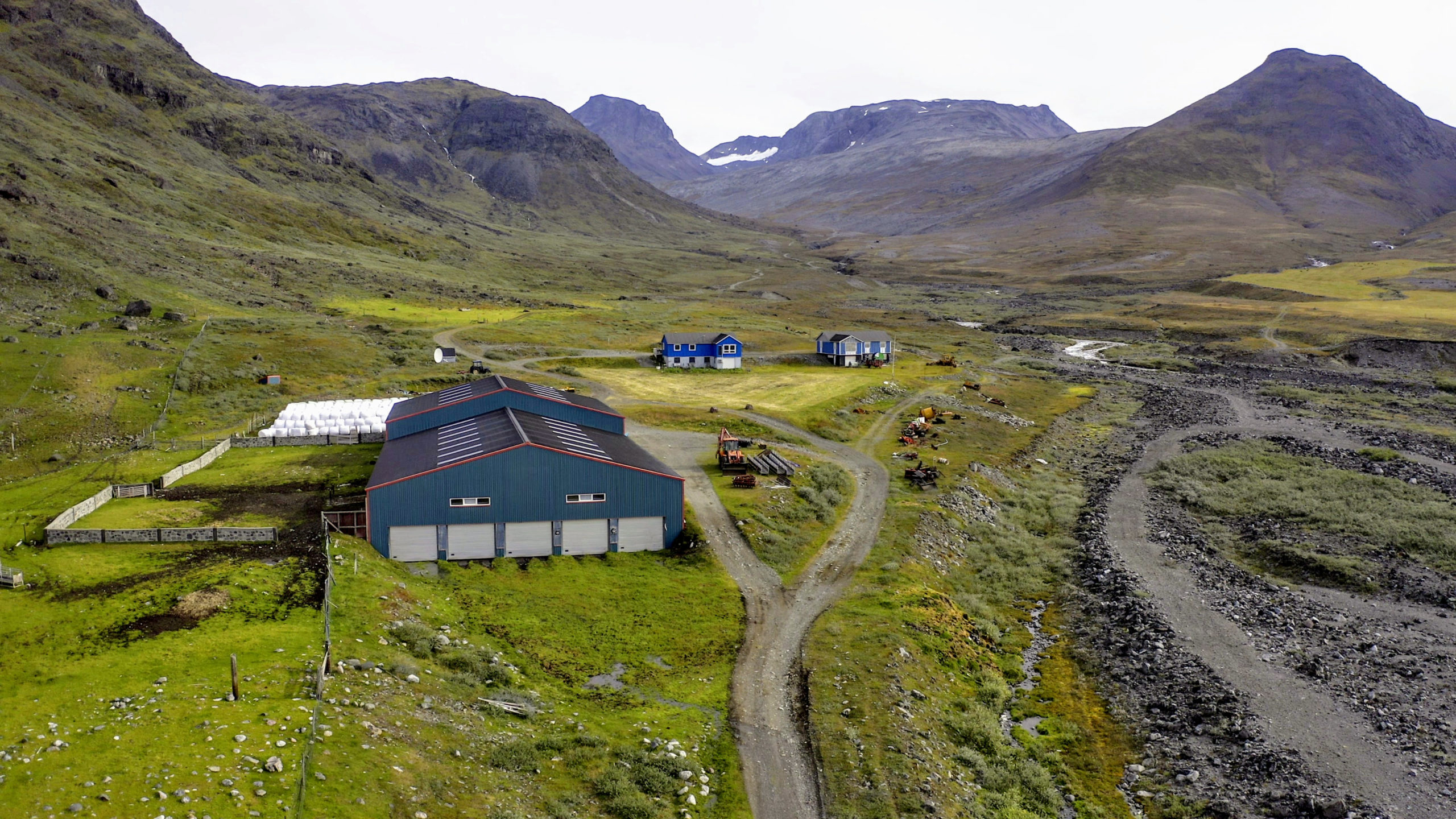Greenland government ready to outlaw uranium mining
New legislation aims to ensure that “Greenland neither produces nor exports uranium.”

Greenland has taken the first step towards outlawing uranium mining after lawmakers there proposed a stricter version of a ban that the country’s national assembly overturned in 2013.
Only July 2, the elected government began a month-long public consultation period for a proposed bill that, in addition to mining uranium, would prohibit the feasibility studies and exploration activities that must be completed before a mining project can be considered for a license to begin operation.
According to proposal, Naalakkersuisut, the elected government, is hoping that a reinstatement of what was known as the zero-tolerance policy, to achieve its goal of ensuring that “Greenland neither produces nor exports uranium.”
Overturning the original ban allowed Greenland Minerals, an Australian firm, to proceed with its efforts to establish a rare-earths mine at Kuannersuit (also known as Kvanefjeld), in southern Greenland. But that mine, which is currently in the final stage of the approval process, would be located in an area that is high in uranium, and residents of nearby Narsaq fear that activity there would kick up radioactive dust that would settle on the town.
[Major uranium miner halts Greenland exploration amid ban discussion]
Reimposing the ban would help the government achieve one of its election pledges: preventing Kuannersuit from becoming a reality.
“There is widespread popular resistance to mining projects involving uranium,” the government in the proposal. “The people of Greenland have also expressed their support for mining — as long as it doesn’t involve uranium and the associated risks.”
Similar statements made by the government shortly after coming to power in April led Orano, a French firm specialising in uranium mining, to announce it would halt its Greenlandic exploration program.
Greenland Minerals has said it expects mining authorities to respect the current approval process.
[Greenland officials extend hearing period, add meetings ahead of Kuannersuit mine decision]
In May, shortly after taking office, Naaja Nathanielsen, the mining minister, sought to allay concerns that the government’s opposition to uranium mining would be interpreted by the industry as scepticism towards the entire industry by pledging that it would abide by the mining strategy adopted by its predecessor, and that, when it came to the Kuannersuit approval process, it would ensure that Greenland Minerals got a fair review.
Nevertheless, she made it clear that Naalakkersuisut would be working to find legal ways to ensure that uranium mining never takes place.
“We welcome the many promising projects throughout the country that do not involve radioactive elements.”
Uranium is singled out by the bill, but it also leaves open the possibility of prohibiting “other radioactive substances.” One of these, thorium, is a source of worry for opponents of the Kuannersuit mine, which calls for large quantities of it be disposed of in artificial lakes on the site.